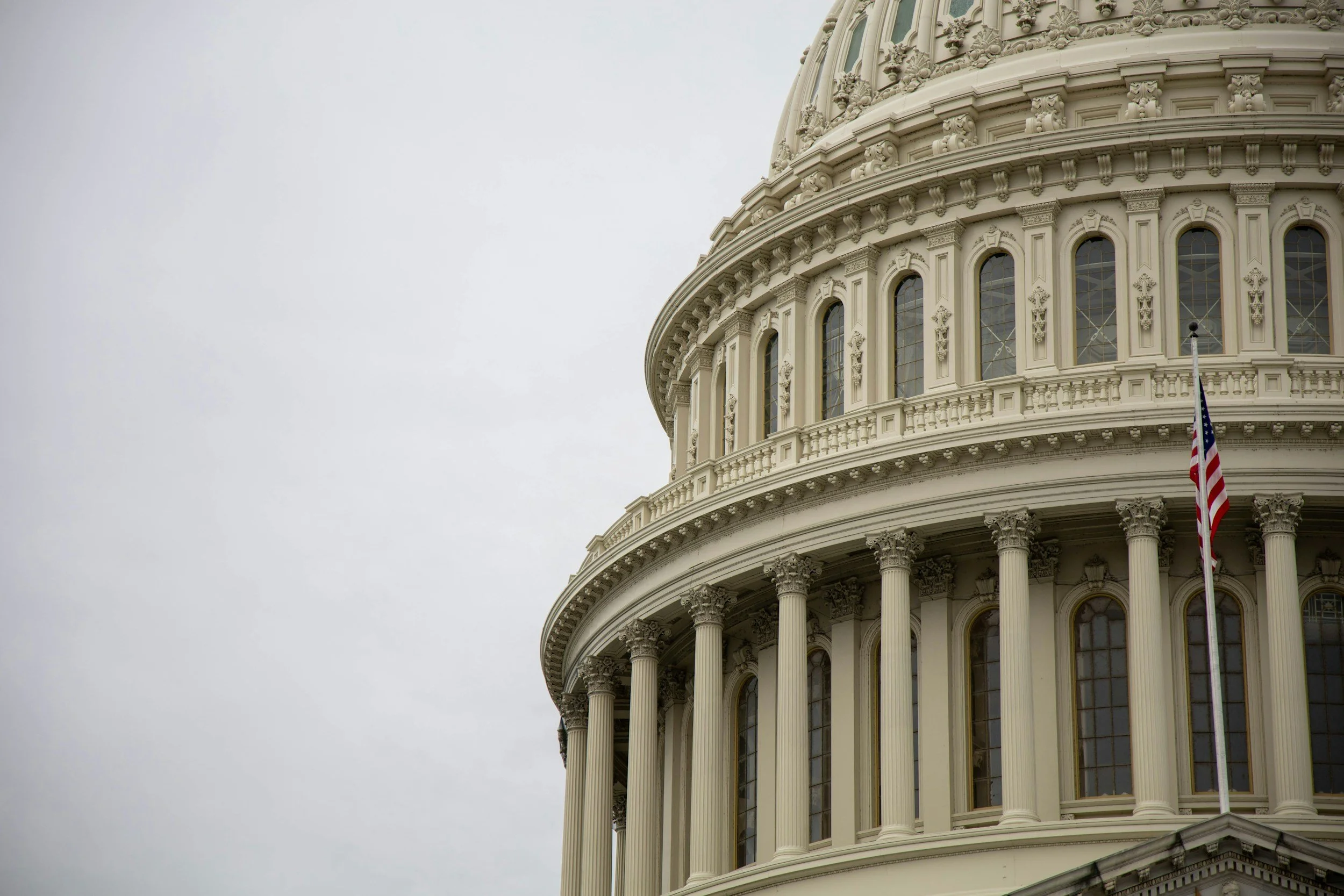On December 28, 2022, the Center for Disease Control and Prevention (CDC) announced that on January 5, 2023, at 12:01 am, it will implement a requirement for a negative COVID-19 test or documentation of recovery for all travelers two years and older boarding flights to the United States that originated in the People's Republic of China (PRC), Hong Kong, and Macau. The purpose of the requirement is to slow the spread of COVID-19 in the United States, given the recent surge in cases in China and the lack of information being reported by China on this surge.
According to the announcement, beginning on January 5, 2023, travelers two years and older will be required to get a test (such as a PCR or antigen self-test) administered either by an authorized telehealth service or licensed provider no more than two days before departing from the PRC, Hong Kong, or Macau and a subsequent negative result. Passengers who tested positive more than 10 days before the flight can provide documentation of recovery instead of a negative result. Airlines will confirm the negative test result or documentation of recovery for all those boarding the flight.
The CDC provided the following additional information:
The requirement applies to air passengers regardless of nationality and vaccination status.
The requirement applies to persons traveling from the PRC via third-country transit and passengers connecting through the United States onward to further destinations.
In addition to applying to direct flights from the PRC, travelers stopping through Incheon International Airport, Toronto Pearson International Airport, and Vancouver International Airport on their way to the United States will be required to provide a negative COVID-19 test if they have been in the PRC in the last 10 days, no more than two days before their departure to the United States.
The Biden Administration chose these transit hubs because they cover a significant majority of travelers originating in the PRC, Hong Kong, and Macau. The announcement indicates that it will continue to monitor travel patterns and update this policy accordingly.







